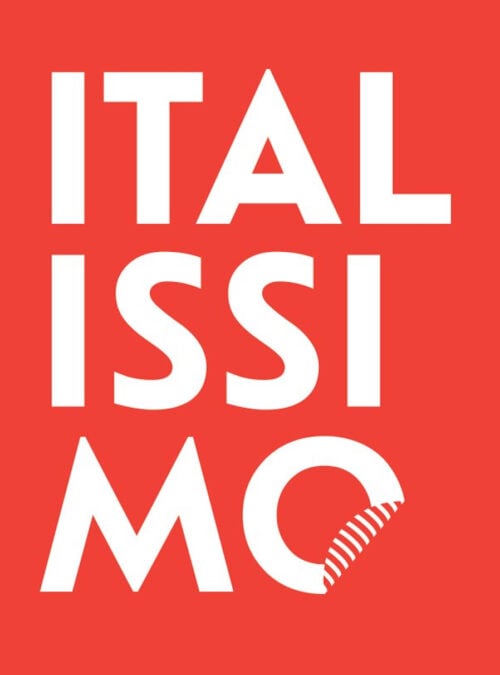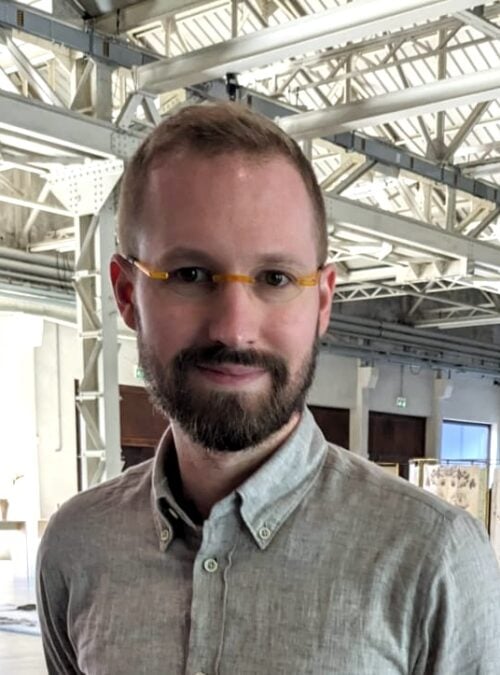Interview with Artur Burszta, director of TranPort Literacki (Literary Transport Festival)
Author: Paolo Grossi

The festival TranPort Literacki (Literary Transport Festival) is one of the most important European literary festivals. Its director, Artur Burszta, explains to newitalianbooks readers the characteristics of this festival and the upcoming initiatives.
When was the TransPort Literacki festival born and how is it structured?
TransPort Literacki is the oldest literary festival in Poland. The first edition was held in 1996 and from the very beginning it was an international event. As for the structure, the program of the festival is built on books published by Biuro Literackie publishing house (the press is the organizer of the festival) throughout the year. The arrival of each author is connected with a book project. These are not only translations of previously published works, the publications also include special projects, prepared just for us and for the festival, to which we encourage and invite our guests. For example, Laurie Anderson’s book included dozens of her drawings, she chose the paper herself, and she actively participated in the entire process. The arrival of Herta Müller was connected with the release of her “Collages” in book form. Another distinctive feature of the festival is the format of the events and the form of book presentations. Readings (authors always read in their languages with translations displayed on screens) are accompanied by specially written live music performed by prominent artists. There are as well visuals and video materials prepared for each event. All that makes the events more similar to theatre performances rather than typical, static literary events. In the first years, we focused on poetry, for which Polish literature is world-famous. Today we are particularly interested in the kind of writing that combines different genres. We work a lot with debut writers, the event is accompanied by workshop sessions, where poets, prose writers, translators, and future critics work on their books.
Where and when did its last edition take place?
The festival, which will have its 30th anniversary in two years, now takes place at the Polish seaside, in the city of Kolobrzeg; previously we were in the Polish mountains, the cities of Wroclaw, and Legnica, which is called the “Polish Moscow”, because for many years we had more than 40,000 Soviet troops stationed there. In the past, the festival included the European Literary Forum, which was the final of a large international project – New Voices from Europe. The relocation to the seaside was accompanied by the launch of the “The New Canon of European Literature” including 21 books from 21 European languages. There were also special events with authors from Ukraine. Literature from this country has been present at our festival since 2005. For the past few years, the festival has returned to a September date. That first seaside edition ended the summer season. This year, again, the festival will be held between 21st and 24th of September. We will continue with the presentation of books and authors from the “The New Canon of European Literature”. Kim Hyesoon from Korea will be the special guest this year.
What new initiatives are planned for the future?
It is very important for us to create space for the integration of the European publishing
community of quality literature. We have already partnered in creating the Literary Europe Live platform, which united European festivals and institutions. We dream of a similar initiative within publishers. We are also preparing a new translation project. We want to create a list of books that were published in this decade and that attempt to capture our contemporary times – “here and now”. We have invited institutions from most European countries to cooperate on this project. We believe that this type of initiative should be a collective effort.
Is the participation of Italian authors planned? Are their names already known?
This year we invited Matteo Bussola, whose Viola e il Blu was part of the “The New Canon of European Literature” as one of three books for children and young adults included in the package. I admit that in the past we focused mainly on Italian classics. A significant moment was the presentation of the works of Tommaso Landolfi. I believe that the most important things related to Italian literature at our festival are yet to come.
As a publisher and director of a literary festival, how do you assess the current situation of Italian books in Poland? Which contemporary Italian authors are best known to Polish readers?
Italo Calvino and Umberto Eco are still widely read authors in Poland. I see the influence of Elena Ferrante among young Polish writers mostly female authors. Roberto Saviano continues to be a beacon for many reporters. I am particularly pleased by the growing interest in the work of Carlo Emilio Gadda, whose translations are done by the outstanding translator of Italian literature Anna Wasilewska. These days a lot depends on translators. They are the greatest ambassadors of Italian literature and I am happy to see that new names are coming up. Matteo Bussola‘s book was translated for us by Katarzyna Skórska. But we need more translators and interpreters, that is for sure. This year, as part of the festival, we planned a series of translation workshops from Italian. Among the seven languages scheduled for this year, it is Italian that has generated the biggest interest. This is a good sign for the future!










